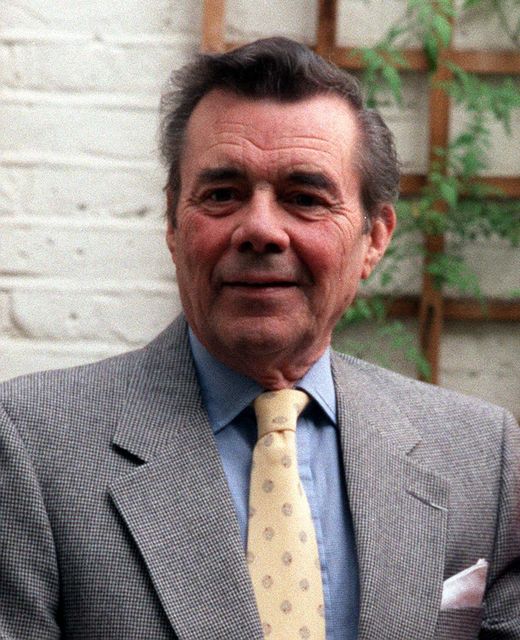Film star Dirk Bogarde was warned by MI5 that he could be the target of a gay “entrapment” attempt by the KGB, according to newly-declassified intelligence files.
Documents released to the National Archives at Kew, west London, show that the actor was “clearly disturbed” after being told that his name was on a list of “six practising British homosexuals” passed to Russians.
But after he was interviewed in south of France, MI5 concluded that he was a “retiring, serious” man who was unlikely to fall victim to any kind of KGB sting operation.
Bogarde, who died in 1999, never came out publicly as gay, although he maintained a long-term relationship with his manager, Anthony Forwood.
Having made his name in the popular Doctor series of comedies in the 1950, he subsequently appeared in a number of pioneering films with gay themes, most notably Death In Venice.
In 1970, MI5 learned that he had been named as a homosexual to the KGB by a man who had himself been compromised by the Russians during a visit to Moscow in the late 1950s.
Around the same time, a KGB defector warned that a young British actor had been the subject of a possible recruitment attempt in the Russian capital again in the late 1950s.
The actor was said to have appeared in film with a name like “The kingdom of something” with MI5 thought could be a reference to “Campbell’s Kingdom” in which Bogarde had starred.
Dirk Bogarde (PA)
Although they could find no evidence that he had ever been to Russia, in 1971 they nevertheless arranged for an officer, FM Merifield, to interview him at the British consulate in Nice.
When told about the report of his homosexuality, the actor responded with a mixture of anger and alarm.
“Bogarde said that the report was absurd and he did not know how the KGB could have received this information. He was a man of 50 and able to behave in a responsible fashion,” Mr Merifield reported.
“Bogarde had no idea as to how the report may have reached the KGB and was clearly disturbed by it.”
Mr Merifield said he emphasised that MI5 needed to warn him so that he did fall for a “simple trap” should he ever visit the Soviet Union. They also needed to know if the KGB had taken any steps to follow up on the report.
“I said the KGB did not seem to have done so and, in view of what he had told me, (I hoped he would draw his own conclusions from this) he did not seem to be a promising target for them,” he noted.
He concluded: “Bogarde is a retiring, serious man who is probably dominated in his private life by Forwood.
“Although evidence about his homosexuality seems too strong to discount, there was no reason to doubt his evidence on other matters.”
